Training
Our comprehensive training programmes enable researchers to identify critical problems, devise innovative solutions, and secure grants to fund their projects. The overheads generated from these grants seamlessly flow back into our organisation, further supporting the influx of incoming scientists.
At HERPEZ, we believe in not just addressing challenges but building a sustainable legacy of scientific progress and healthcare improvement.
The Pan-African Network For Rapid Research, Response, Relief and Preparedness for Infectious Disease Epidemics (PANDORA-ID-NET) is a novel multidisciplinary ‘One Health’ initiative that supports broad themes addressing response to emerging infections in Africa and supporting this through capacity development and training.
PANDORA-ID-NET
HERPEZ is playing a leading role in an EDCTP-funded training and capacity development project to enhance preparedness and capacity development for responding to future infectious disease outbreaks. Our involvement is primarily within work package 2, which is focused on the provision of training for first responders and research personnel at all participating sites and the development of mobile laboratory capacity, but we are also involved in animal health aspects (work packages 4 & 5), and inter-epidemic surveillance studies (work package 3).
Arenavirus surveillance team.
Rodent traps are set in front of the burrows. Rats are lured in by pieces of carrot covered in peanut butter. This surveillance trip is part of the PANDORA training and capacity development project funded by EDCTP. Using the One Health approach it is essential to identify animal reservoirs of possible zoonotic infections.
Arenaviruses are important candidate pathogens in this regard due to the newly discovered Lujo virus, which killed four people in the 2008 outbreak in Zambia and South Africa. Arenaviruses are carried by several species of rodents and are occasionally transmitted to humans, causing several diseases such as haemorrhagic fevers.
The main focus of the expedition was to catch wild rodents in the Southern Province of Zambia (Livingstone) and survey their viral loads. Researchers set rat traps in the evenings (as most rodents are active during the night) and bait them into the cages with a combination of carrot and peanut butter. Once the rodent takes the food, the trap snaps shut and keeps the animal inside until the morning. Sample collection (liver, spleen, heart, testicles and lungs) is done at the site, and these are kept under refrigerated conditions for final analysis at the Lusaka UNZA School of Veterinary Medicine BSL-3 laboratories.
Once in the laboratory, researchers extract genetic material from the isolated organs. DNA is used to identify the host (rodent) species, whereas RNA experiments determine the presence of Arenaviruses in the rodents. If a sample is found positive for Arenavirus, a more in-depth study by RNA sequencing will be performed to elucidate the exact viral species.
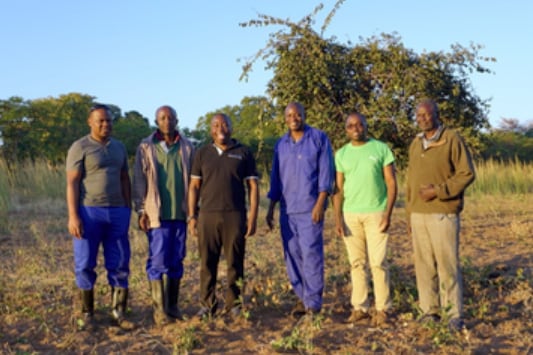
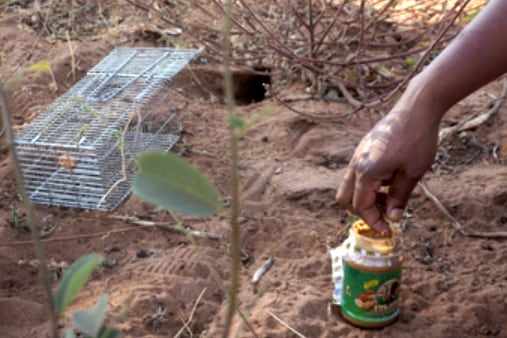
Ebola response and personal protective equipment training – Sept 2018
PANDORA has supported two training workshops equipping 230 first responders in both Copperbelt an Lusaka province, to be able to safely respond and provide care and diagnostic services in the event of a suspected Ebola (or other haemorrhage fever) outbreak in Zambia. The Copperbelt in Zambia is a busy mining area, and there is a regular transport corridor from Ndola, up through Lubumbashi in Southern DRC, up to the mining areas in the north east of the country, where the current (Jul 2019) ebola outbreak is ongoing. With the first reported case in the city of Goma recently, HerpeZ is campaigning for vaccine doses for Zambian first responders, to protect our health workforce, and ensure maximal likelihood of containment in the event of an imported case.
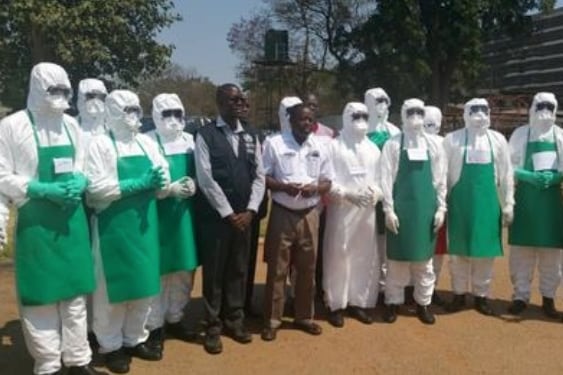
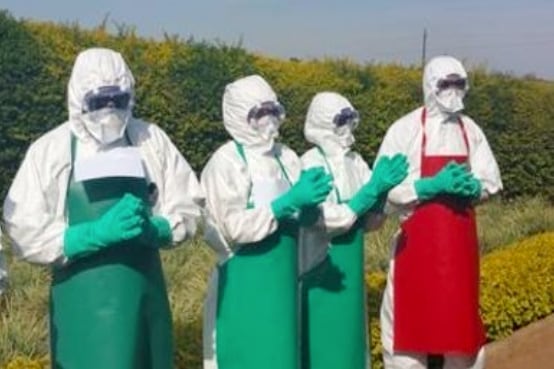

The Central African Network on Tuberculosis, HIV/AIDS and Malaria (CANTAM1) was created in 2008 with the major aim to strengthen the network, collaborations, training programs and infrastructure for the conduct of clinical trials in the field of poverty related diseases in Central Africa.
CANTAM
Mission: To empower the participating Central African institutions to conduct clinical research and clinical trials against poverty-related diseases under internationally established standards.
The aim of CANTAM 3 is to capitalise on the CANTAM1 and CANTAM2 consolidated efforts and to continue to strengthen the network, collaborations, training programs, and infrastructure for the conduct of clinical trials in the field of poverty related diseases in Central Africa.
Given the fragile health systems in Central Africa, new and re-emerging infectious disease outbreaks, such as the COVID-19 pandemic can paralyse health systems and existing structures. CANTAM 3 envisage to synergize our existing efforts at a local and regional level, while considering the strengths and weaknesses of the network identified by our own evaluation. In CANTAM 3 we propose an innovative governance structure that will leverage added responsibilities and ownership to each partner country within the CANTAM network, implementing internal incentives for the best contributors. As a result, CANTAM3 will be able to make a significant contribution in the field of malaria, HIV/AIDS, TB, NTDs as well as other viral diseases, such as COVID-19.
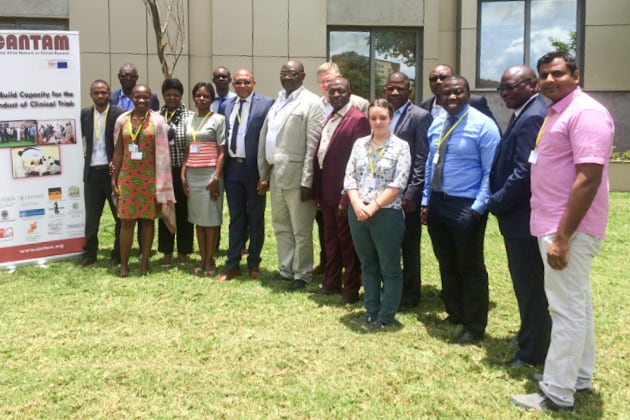
To check out videos and information from our most recent TB whole genome sequencing workshop please click below:
